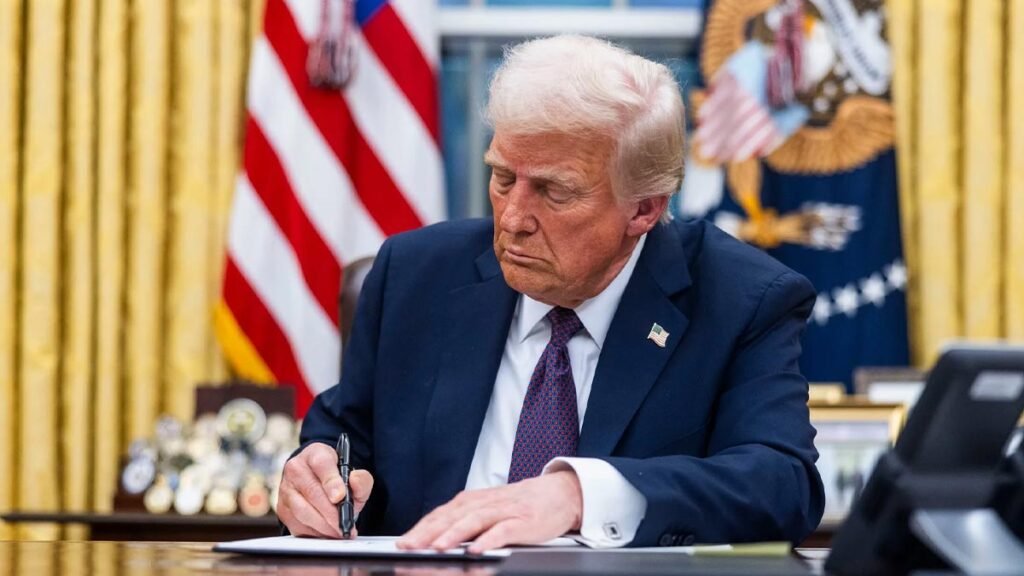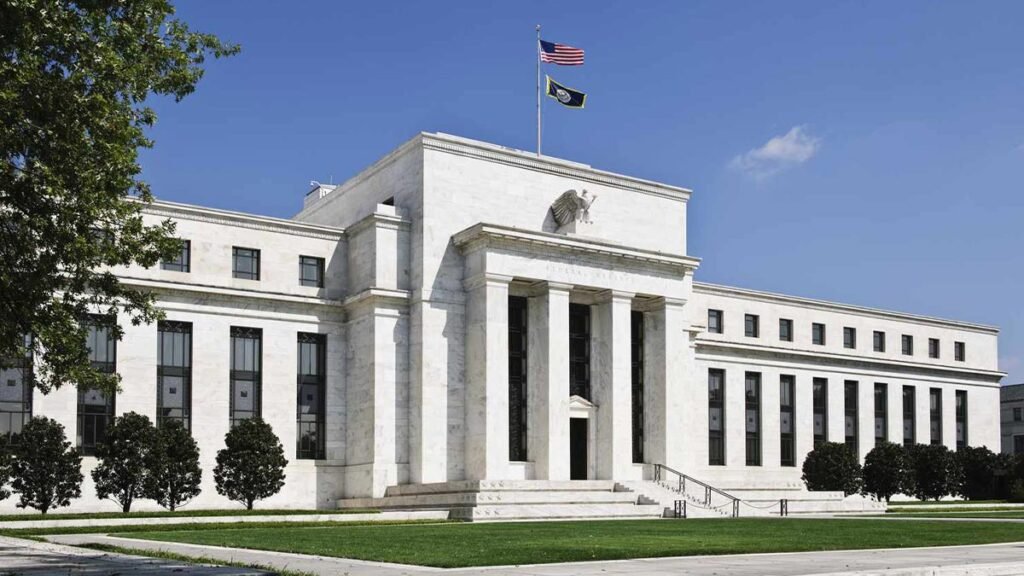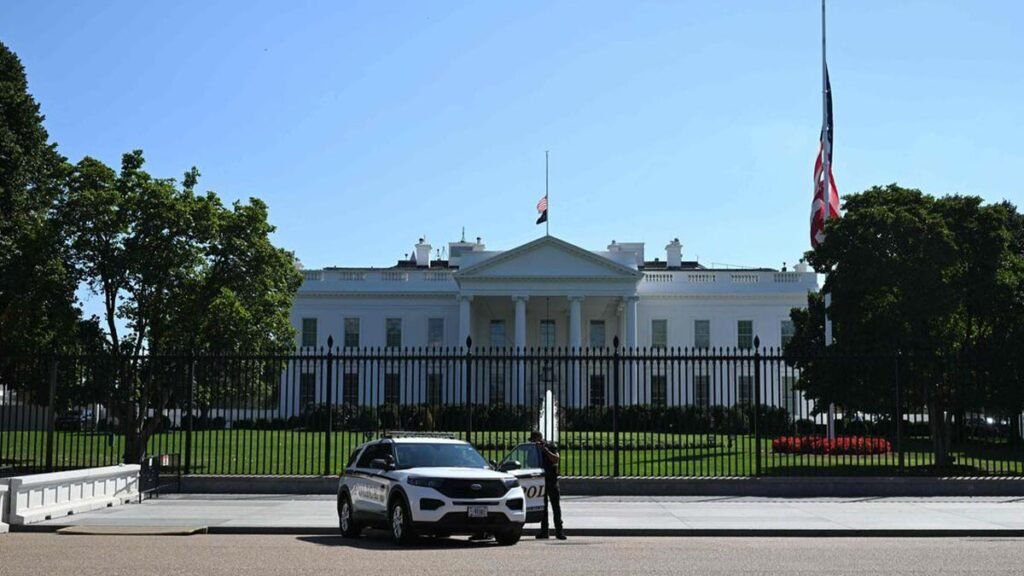President Donald Trump on Monday threatened to declare a national emergency and federalize Washington, D.C., after Mayor Muriel Bowser announced that the city’s police would stop sharing information with U.S. Immigration and Customs Enforcement (ICE).
The clash focuses on the city’s decision to withhold immigration-related data, a move that underscores the growing divide between federal and local authorities over enforcement of U.S. immigration laws.
Trump’s Response on Truth Social
In a series of posts on Truth Social, Trump blamed “Radical Left Democrats” for Bowser’s decision and warned that the policy change would fuel crime in the capital.
“To the people and businesses of Washington, D.C., DON’T WORRY, I AM WITH YOU, AND WON’T ALLOW THIS TO HAPPEN. I’ll call a National Emergency, and Federalize, if necessary!!!” Trump wrote.
The former president also claimed his law enforcement initiatives had driven crime in D.C. to record lows, saying, “In just a few weeks, the place is absolutely booming… for the first time in decades, virtually NO CRIME.” These claims, however, have not been independently verified by crime data or confirmed by city officials.
Federal Troop Deployment and Protests
The dispute comes after Trump’s August deployment of National Guard troops to the capital to “re-establish law, order, and public safety.”
He had already put the Metropolitan Police Department under federal oversight and brought in federal law enforcement officers to crack down on street-level crime. The duration of this federal operation remains uncertain.
The move triggered widespread protests earlier this month, with thousands taking to the streets to denounce what critics call federal overreach.
Mayor Bowser’s Position
Mayor Bowser’s office has not yet responded to Trump’s latest remarks. However, her decision does not cut off all cooperation with federal agencies. While Bowser had previously directed the city to coordinate with federal law enforcement in general, her new order specifically limits information-sharing with ICE — not broader collaboration.
She has also acknowledged in the past that the federal surge helped reduce violent crime in the city.
Why Washington, D.C. Is Different
Washington, D.C. operates under a unique governance structure. Unlike states, the D.C. National Guard reports directly to the president, not a governor. This arrangement gives the White House far greater direct authority over military and policing resources in the capital.
Immigration Enforcement Debate
The clash mirrors national tensions over “sanctuary” policies, where cities and states limit cooperation with ICE to protect community trust. Advocates argue these policies help local police maintain stronger relationships with immigrant communities, while critics say they hinder federal law enforcement.
D.C.’s stance aligns it with other cities that have moved to separate local policing from federal immigration enforcement.
Legal Uncertainty
While Trump does hold unusual powers in the capital, fully federalizing city operations would likely spark a major legal battle. Any attempt to invoke emergency powers in this context could face immediate constitutional challenges in court.
For now, Washington remains at the center of a standoff that pits immigration enforcement priorities against local autonomy — with potentially far-reaching consequences for other U.S. cities considering similar policies.


